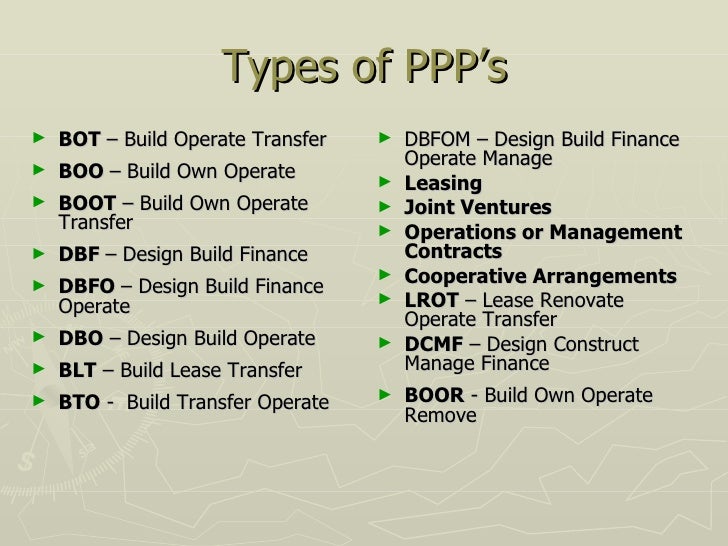Building Ethics In Construction Partnerships Pdf
Posted By admin On 26/04/18

Executive Summary In environments with widespread corruption, most business leaders hesitate to take a firm stand against corruption. However, research conducted in Egypt, Zimbabwe, and India shows that organizations should view building a strong ethical reputation in such environments as an opportunity to differentiate themselves. To do this, companies can follow four steps.
First, frame their ethical behavior in a way that resonates with as wide a network of stakeholders as possible. Second, understand that there are gradations of corruption. Third, acquire a fine-grained understanding of their stakeholders. Fourth, strategically build partnerships with high-status individuals and organizations, a tactic referred to as “reputation borrowing.”. Most business leaders to take a firm stand, even in environments where it is widespread. Some may see benefits from indulging in corrupt practices such as faster processing of permits or less interference from governmental officials. At the same time, the perceived costs of corruption are low, due to poorly formulated anti-corruption laws and ineffective enforcement, which leads to a very low likelihood of prosecution and punishment.
As a result, as much as they may detest corruption, most business leaders end up succumbing to it. Indeed, many see themselves as victims of the endemic corruption rather than as its perpetrators – “Everyone else is doing it,” they may tell themselves, “So we have to do it too. Benedictus Robat Arwyn Download Google. ” This does not have to be the case, and in fact, it should not be the case. Our research in,, and shows that organizations should view the prospect of building a strong ethical reputation in such environments as an opportunity, and consider the costs of resisting corruption as an investment in building such a reputation. Moreover, our research illuminates specific steps companies can take to maintain high ethical standards in environments where corruption seems widespread. We also find that these steps are most effective in countries with a free and plural press, an independent judiciary, and a potential for collective action (such as a community that can be appealed to or organized, such as a religious community, a civic organization, or a trade association). When these conditions are in place, it will be easier for an organization to take a firm stance against corruption, especially political corruption.